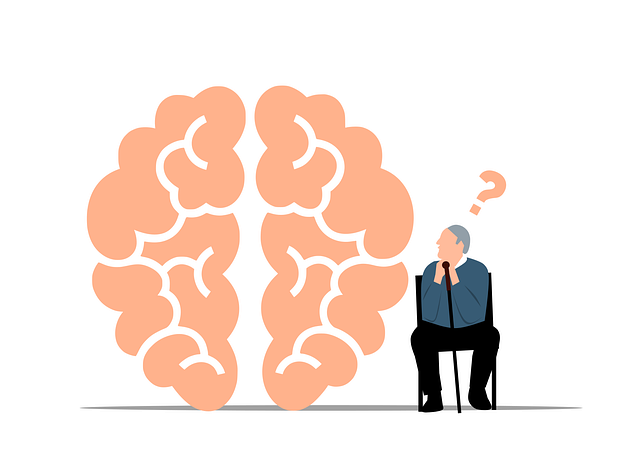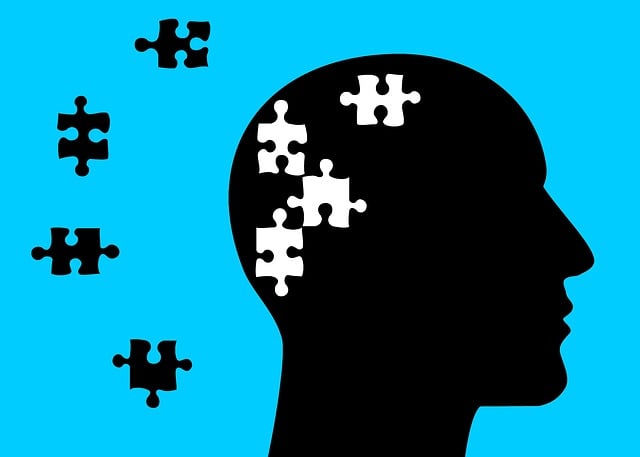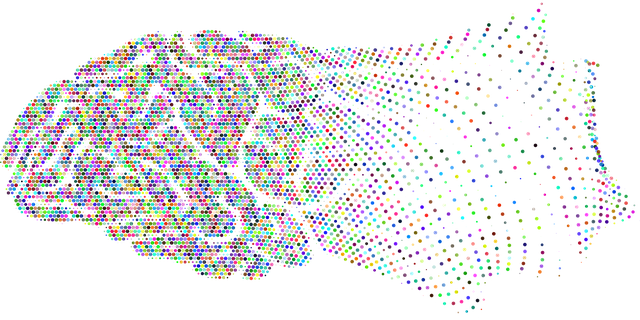Understanding mental health in Germany among young adults involves leveraging diverse data sources, including government surveys, clinical records, non-profit campaigns, and specialized therapy centers. Public awareness initiatives promote emotional well-being, while structured therapies like Cognitive Behavioral Therapy (CBT) prove effective. Data analysis trends utilize advanced tools to identify risk factors and cultural influences, guiding personalized treatment plans for therapy for young adults German speaking. This approach enhances access to resources through podcasts and journaling exercises, fostering a culturally sensitive environment that improves mental health outcomes.
Mental health data analysis is a crucial step towards improving therapeutic outcomes for young adults in Germany, a country with a significant mental health burden. This article explores various aspects of understanding and leveraging mental health data. We delve into the collection and sources of data specific to young adults, highlighting the role of therapy in treating common mental health issues among German-speaking youth. Through advanced data analysis techniques, we uncover trends and patterns, which inform practical implications for personalized treatment plans. Additionally, we discuss strategies for enhancing mental health support by integrating data insights into clinical practices.
- Understanding Mental Health Data: Collection and Sources for Young Adults in Germany
- The Role of Therapy in Treating Common Mental Health Issues Among German-Speaking Youth
- Data Analysis Techniques to Uncover Trends and Patterns in Clinical Outcomes
- Interpreting Results: Practical Implications for Personalized Treatment Plans
- Enhancing Mental Health Support: Integrating Data Insights into Therapy Practices
Understanding Mental Health Data: Collection and Sources for Young Adults in Germany

Understanding Mental Health Data involves recognizing the diverse sources and methods through which information on young adults’ emotional well-being is collected in Germany. Key sources include government health surveys, clinical records from hospitals and therapy centers offering therapy for young adults in the German-speaking region, as well as data from non-profit organizations specializing in mental health awareness campaigns and development. These sources provide valuable insights into the emotional intelligence and overall mental health landscape among this demographic.
Public awareness campaigns play a crucial role in promoting emotional well-being and encouraging young adults to seek necessary support. In recent years, there has been an increase in development of innovative promotion techniques that emphasize early intervention and prevention strategies. This shift reflects a growing understanding of the importance of addressing mental health issues proactively among young adults, ensuring they receive the therapy they need for a healthier future.
The Role of Therapy in Treating Common Mental Health Issues Among German-Speaking Youth

Therapy plays a pivotal role in addressing and treating common mental health issues among German-speaking youth. For this demographic, structured therapeutic approaches tailored to their cultural context can be highly effective. Cognitive Behavioral Therapy (CBT), for instance, has been widely adopted and adapted for German-speaking young adults, offering them practical tools to manage anxiety, depression, and other concerns. The therapy process involves collaborative goal setting, cognitive restructuring, and behavioral activation techniques, empowering individuals to take control of their mental wellness.
In addition to traditional therapy methods, modern trends like Mental Wellness Journaling Exercise Guidance and Risk Management Planning for Mental Health Professionals are gaining traction within the German-speaking community. These innovative practices complement conventional therapy by encouraging self-reflection and providing structured frameworks for professionals to offer specialized care. Moreover, the growing popularity of mental wellness podcast series production targets youth who may prefer alternative learning methods, further diversifying access to mental health resources for German-speaking young adults.
Data Analysis Techniques to Uncover Trends and Patterns in Clinical Outcomes

In the realm of mental health, data analysis plays a pivotal role in uncovering trends and patterns within clinical outcomes, especially when tailored for specific demographics like young adults in German-speaking regions. Advanced statistical techniques and machine learning algorithms enable researchers to sift through vast datasets, identifying key indicators and risk factors associated with various conditions. By employing these methods, professionals can gain valuable insights into the effectiveness of different therapeutic approaches, such as those targeting burnout prevention among young adults.
This analysis not only helps in personalizing therapy for young adults but also guides the development of robust Emotional Well-being Promotion Techniques and Stress Reduction Methods. For instance, data might reveal specific cultural influences on mental health, prompting tailored interventions to address unique challenges faced by German-speaking youth. Such insights are crucial for fostering holistic healing and improving overall mental resilience within this population.
Interpreting Results: Practical Implications for Personalized Treatment Plans

Interpreting data from mental health assessments is a critical step in crafting personalized treatment plans, especially for young adults in the German-speaking world who may face unique challenges. By analyzing trends and patterns within the collected information, therapists can gain valuable insights into an individual’s mental state, identifying specific areas of concern that require tailored interventions. For instance, data might reveal heightened anxiety levels or symptoms of depression, prompting therapists to design targeted therapy sessions incorporating evidence-based practices such as Social Skills Training or cognitive behavioral therapy (CBT).
Furthermore, the interpretation process enables professionals to consider preventive measures for common mental health issues among young adults. Given the high prevalence of burnout and its impact on overall well-being, data analysis can highlight risk factors and trigger points, allowing therapists to integrate strategies for stress management and resilience building into treatment plans. Similarly, by recognizing early indicators of depression, therapists can intervene promptly, offering support and guidance through Social Skills Training or other preventive initiatives to foster a healthier and more resilient lifestyle.
Enhancing Mental Health Support: Integrating Data Insights into Therapy Practices

Integrating mental health data analysis into therapy practices offers a promising approach to enhancing support for young adults speaking German. By leveraging insights from large datasets, therapists can gain valuable knowledge about specific challenges and trends within this demographic. For instance, analyzing trends in depression prevention among young adults may reveal certain risk factors or environmental influences that contribute to the onset of depressive disorders. This data-driven perspective enables therapists to tailor their approach, offering more personalized and effective treatment plans.
Furthermore, mental health data can aid in identifying patterns related to anxiety relief and mood management. Understanding the unique triggers and coping mechanisms specific to young adults can lead to innovative therapeutic techniques. Therapists can utilize these insights to develop group sessions or targeted interventions that address common anxieties, thereby improving overall well-being. Integrating data analysis into therapy not only improves outcomes but also fosters a more inclusive and culturally sensitive approach, catering particularly to the needs of German-speaking young adults.
Mental health data analysis plays a pivotal role in enhancing therapy for young adults in Germany, and understanding both the available data sources and advanced interpretation techniques is essential. By employing robust data collection methods and analyzing trends through sophisticated tools, we can gain valuable insights into the effectiveness of treatments, including therapy for young adults German-speaking. This knowledge enables healthcare professionals to tailor personalized treatment plans, ultimately improving mental health support and outcomes. Integrating these data-driven insights into clinical practices is a promising step towards revolutionizing mental health care for this demographic.













